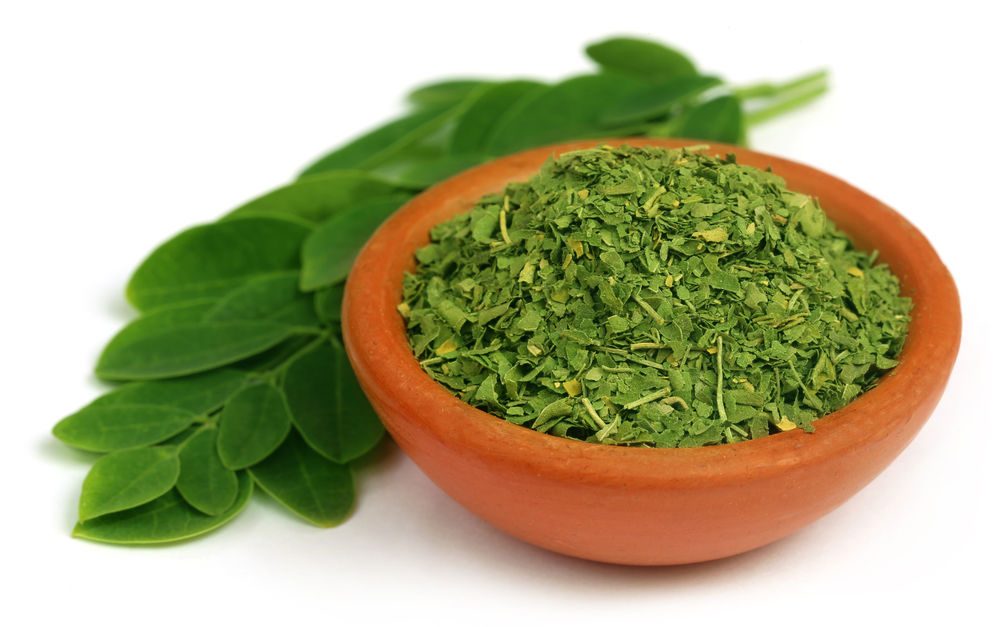

The Moringa oleifera tree grows in tropical and subtropical regions of Africa, Asia and South America. The leaves, roots, seed, bark, fruit, flowers and immature pods offer many nutritional and medicinal benefits. Moringa is an excellent source of beta carotene, protein, vitamins A and C, calcium and potassium, as well as several antioxidants.
Moringa’s Multitude of Nutritional and Medicinal Properties
Moringa has been shown to stimulate cardiac and circulatory activity and to offer anti-tumor, anti-inflammatory, anti-ulcer, anti-spasmodic, diuretic and antioxidant properties. Moringa has also been shown to lower blood sugar and aid in treating diabetes. Studies show moringa aids in protecting tissues in the liver, kidneys, heart and lungs from oxidative stress. Learn “How to Protect Yourself Against Oxidative Stress.” One of the most interesting properties of moringa is its water purification abilities. Many cultures have used moringa as a food source for its nutritional value as well as for its medicinal properties.
Consuming Moringa
Moringa leaves can be cooked and treated as any leafy green. Moringa has been compared to kale or spinach, and can be used the same way in cooking. The leaves can also be dried and ground as a powder (a rich, green powder), which can be added to other foods or used as a tea. They can also be added to other teas and drinks, especially fruity flavors.
You can incorporate moringa leaves into cooked food, add the leaves to a salad as a leafy green, or add moringa powder to almost anything!
Moringa leaves may not be available everywhere, but the powder can be purchased at health food stores and online. Moringa leaf extract is also readily available.




